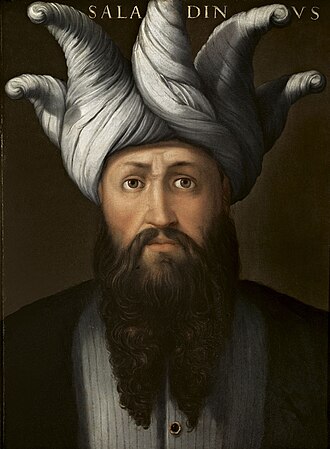Strategic Leadership Analysis
Saladin archetypes see legitimacy as a strategic asset. You protect holy places, negotiate from principle, and pair mercy with decisive defense when lines are crossed.
Strengths
- Balances martial skill with respect for civilians
- Earns credibility across religious divides
- Uses personal reputation to guarantee treaties
- Rebuilds institutions after conflict
- Shows patience until decisive action is required
Pressure Points
- Honor codes can be exploited by ruthless foes
- Reluctance to retaliate may be misread
- Needs strong supply management to match diplomacy
- Can hesitate to delegate ceremonial duties
- Emotional toll of constant mediation
Relationship Operating System
You need candid advisors who flag when goodwill is being abused so you can reset boundaries.
Deployment Zones
Peacekeeping, interfaith initiatives, humanitarian command, strategic defense, ombuds leadership
Leadership Lessons to Apply Today
Pair compassion with clear red lines and communicate consequences early.



